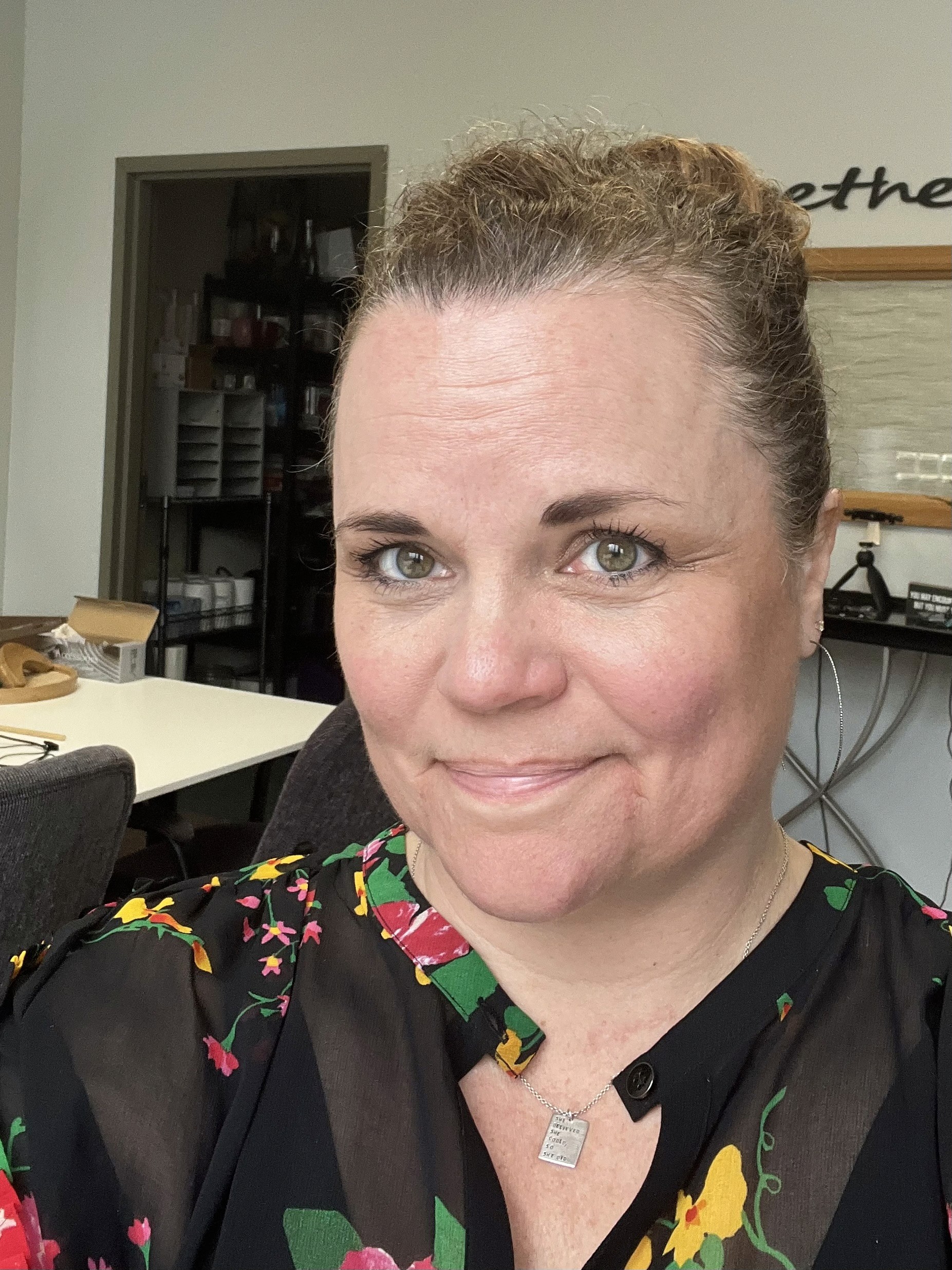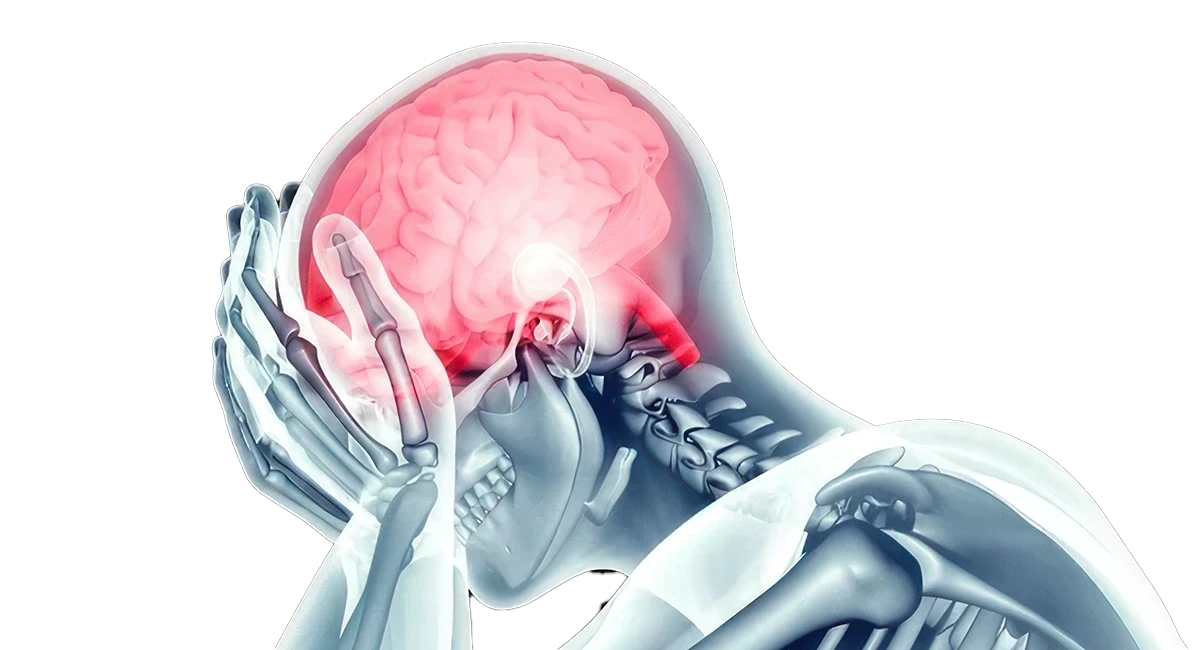Published on
Dec 17, 2024
|
2 min read
That persistent ringing, buzzing, or whistling in your ears has a name: tinnitus. While it's not a condition itself but rather a symptom of an underlying cause, tinnitus affects millions of Americans daily. At our Osseo hearing clinic, we help patients develop effective management strategies for better quality of life.
What Exactly is Tinnitus?
Tinnitus manifests differently for each person, and understanding these variations is crucial for effective management. Some people describe it as a high-pitched ringing, while others experience buzzing, clicking, or even musical sounds.
These sounds aren't coming from external sources – they're generated by our own auditory system. This internal nature of tinnitus can make it feel especially frustrating, as covering your ears or moving to a quieter space doesn't provide relief.
Impact on Daily Life
Living with tinnitus can affect nearly every aspect of your day. Many people find their tinnitus becomes more noticeable in quiet environments, making it difficult to fall asleep or concentrate on work.
Social situations can become challenging as background noise may either mask conversation or compete with the internal sounds of tinnitus. This increased awareness often leads to stress and anxiety, creating a cycle that can intensify tinnitus symptoms.
Common Causes
Hearing-Related Causes
- Exposure to loud noise, age-related hearing loss, and ear infections are common triggers for tinnitus. Sometimes, something as simple as earwax buildup can start these symptoms.
Medical Conditions
- Various health conditions can contribute to tinnitus, including high blood pressure, cardiovascular problems, and certain medications. Identifying these underlying causes helps create more effective management strategies.
Modern Management Solutions
Sound Therapy
External sounds can help mask or distract from tinnitus. Options include white noise machines, nature sounds, or specially designed hearing aids with tinnitus masking features.
Hearing Aids
Modern hearing devices often include built-in tinnitus management features. These can be particularly effective when tinnitus is related to hearing loss.
Behavioral Therapy
Cognitive behavioral therapy has shown significant success in helping people change their response to tinnitus. This approach focuses on reducing the impact of tinnitus on daily life.
Lifestyle Adjustments That Help
Regular exercise and stress management can help reduce tinnitus perception. Many patients find relief through simple daily habits like maintaining good sleep patterns.
Some people notice improvements by adjusting their diet, particularly by reducing caffeine and salt intake. While these changes don't eliminate tinnitus, they can make it more manageable.
Treatment Options
Professional Support
A comprehensive management plan often involves multiple approaches. Your audiologist can help determine which combination of treatments will work best for your specific situation.
Custom Solutions
Treatment plans are tailored to your unique experience with tinnitus. What works for one person may not work for another, making professional guidance essential.
Frequently Asked Questions
Will my tinnitus go away?
Some forms of temporary tinnitus may resolve on their own. Chronic tinnitus typically requires ongoing management, but proper treatment can make it less noticeable over time.
Can hearing aids help?
Many people, especially those with associated hearing loss, find significant relief through hearing aids. Modern devices include specialized tinnitus management features.
Does stress affect tinnitus?
Yes, stress often intensifies tinnitus perception. Learning stress management techniques can help reduce its impact on your daily life.
Taking Action
Don't let tinnitus control your life. Schedule an evaluation at our Osseo clinic to explore your management options. With proper support and treatment, you can develop effective strategies to improve your quality of life.
We'll help you understand your tinnitus and create a personalized management plan. Contact us today to take the first step toward finding relief.

Dr. Heidi Hill, Au.D
Heidi Hill, Au.D. is an audiologist and Cognihear expert providing hearing aids, hearing tests, specializing in concussions, tinnitus, and auditory processing issues for patients located in Osseo, MN.





